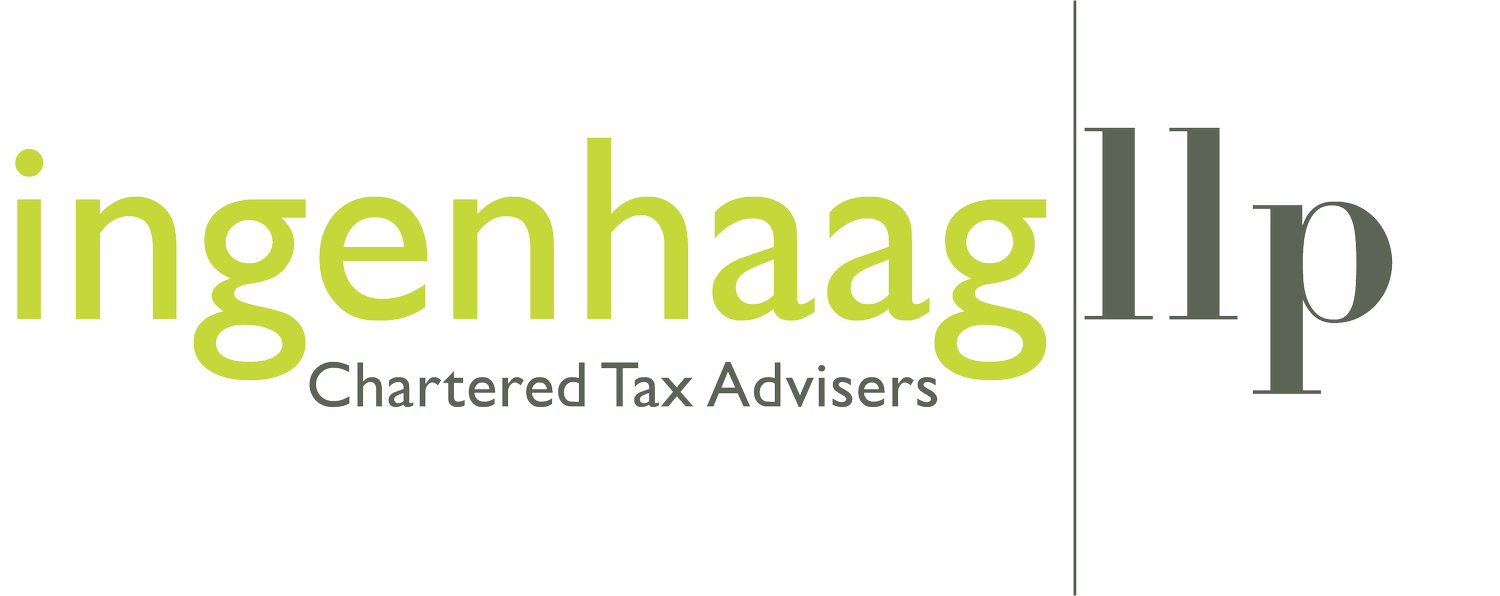Reports & Archives
From time to time the Partners at Ingenhaag publish client memos and articles.
You can review the list of memos and articles in the column to the left and view the entire content for each simply by clicking on the link.


TAX BRIEFING SUMMER 2025
HMRC has confirmed that the mandatory payrolling of benefits in kind (BIKs) will be delayed to April 2027, giving businesses more time to get to grips with the process

TAX BRIEFING SPRING 2025
The Government has announced plans to increase the threshold above which income from self-employment must be reported via self assessment

TAX BRIEFING WINTER 2024
As we said in our briefing on 7th November, at the Autumn Budget the Chancellor announced plans to remove the exemption which allows unused pension funds to be inherited tax free.

Pension Briefing November 2024
Currently no Inheritance Tax (IHT) is chargeable on an individual’s invested pension fund when they die, regardless of their age on death. Instead pension funds are subject to their own tax regime outside of IHT. Where the individual dies under the age of 75 the fund can be passed to beneficiaries completely free of tax.

TAX BRIEFING AUTUMN BUDGET 2024
The Chancellor has announced that the main rate of secondary Class 1 national insurance contributions (NIC) for employers will increase by 1.2 percentage points from 13.8% to 15% from April 2025


TAX BRIEFING SPRING 2024
New guidance from HMRC confirms that profits used to assess student loan repayments and entitlement to student finance will include transitional profits from basis period reform.

TAX BRIEFING SPRING BUDGET 2024
The headline news from the Spring Budget was further cuts to national insurance contributions (NIC) of 2% each for self-employed taxpayers and employees.
